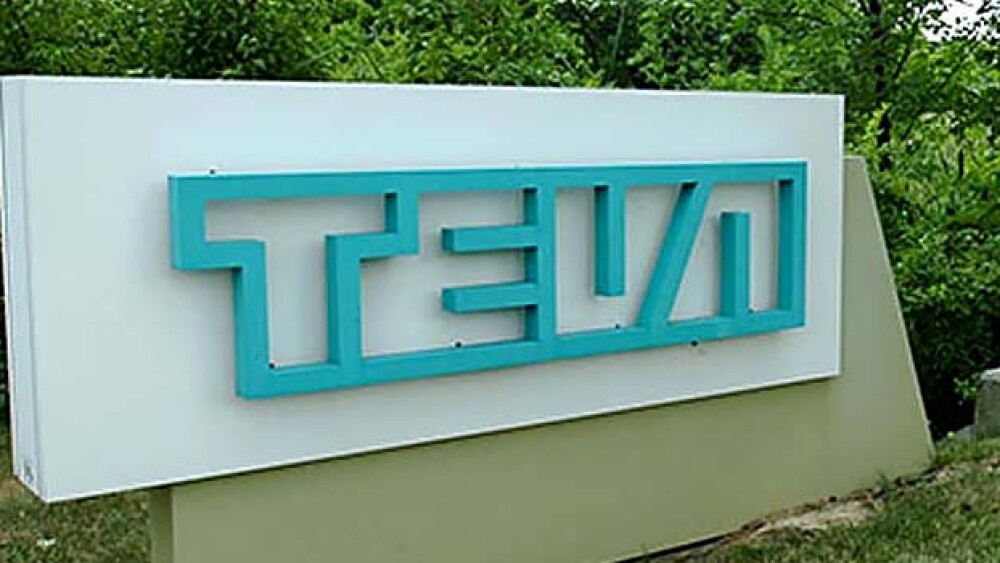Teva continues to be battered by its massive debt load and struggling pipeline.
Teva Pharmaceuticals continues to be battered by its massive debt load and struggling pipeline. On Tuesday, Fitch Rating cut Teva’s credit rating to junk status which sent stock prices plunging.
Shares fell about 2 percent following the credit rating cut and some analysts suggest that the stock could fall again. HSBC analyst Steve McGarry said the stock could fall another 50 percent. He predicted Teva’s common stock could fall to as low as $6 per share due to the difficulties facing the company, The Street reported.
Shares are down about 1.25 percent this morning, trading at $11.56 as of 10:26 a.m. Since July 31 when the stock traded at $32.17, Teva’s stock price is down more than 60 percent.
The credit rating cut for Teva came days after new Chief Executive Officer Kåre Schultz took over the reins of the company. As the new CEO of the world’s largest generics manufacturer, Schultz faces monumental challenges to change the fortune of the company.
In its report, Fitch cited “significant operational stress” at Teva as the company faces challenges to its generic drugs and attempts to pay down the $30+ billion debt it has, Bloomberg reported. That debt was largely created from Teva’s 2015 $40.5 billion acquisition of Actavis, Allergan’s generics division. Many industry analysts have suggested that Teva paid too much for Actavis. Criticism over the Actavis acquisition lead to the abrupt departure of Teva Chief Executive Officer Erez Vigodman earlier this year.
Carol Levenson, an analyst at bond research firm Gimme Credit, said in a note that it was troubling that Teva executives could not convince Fitch the company could adequately address its issues during a meeting that preceded the Fitch report, Bloomberg said.
Fitch said Teva will have to sell assets or find a new source of financing to meet its debts. But, that is something that Teva has been attempting to do. Teva has undertaken a plan to divest itself of a number of its non-core businesses. On Nov. 3, Teva announced it completed the $675 million sale of Plan B One-Step to Foundation Consumer Healthcare. Teva sold its branded contraceptive line Paragard, a product within its global Women’s Health business, to CooperSurgical for $1.1 billion. The company has also been looking to unload several non-core businesses, including its Medis and respiratory units.
The funding that Teva has gained from the asset sales has provided the company with enough funds to pay down short-term debt, Bloomberg noted. The long-term debt will likely be a more difficult problem for the company to tackle.
The credit rating cut for Teva came hard on the heels of the company once-again lowering its 2017 financial outlook due to increased competition to its lead branded drug Copaxone and lower than expected generic sales in the United States.





